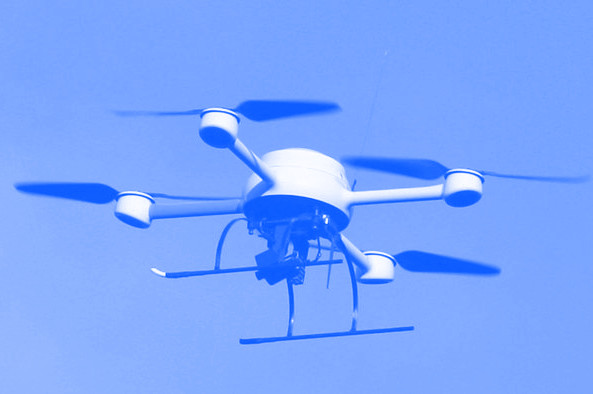Drone surveillance taking off
 Victoria Police is planning to use drones as part of its new anti-terror strategy.
Victoria Police is planning to use drones as part of its new anti-terror strategy.
The new plan would see drones used to detect unusual behaviour in a crowd and report findings back to officers, who can then choose to investigate.
Assistant Commissioner Ross Guenther says drones are not meant to create a “surveillance state”.
“Say you went to the Myer Music Bowl, for example, and you took a backpack with you to that,” he told the ABC.
“You drop the backpack down but then you just returned to the gate and left the property, that would be an irregular behaviour.
“If we had a drone in the area using that sort of functionality it would identify an out of normal behaviour and send that information back to police command post.
“The intention of it is to protect the community and it's not that we're using that technology 24 hours a day at all our meeting places, for example.”
Mr Guenther said police need to keep up with new technologies.
“Terrorists morph in the way that communities morph, so we need to be prepared to combat methodologies that we've not seen before,” he said.
“The in-built capabilities that you can purchase [for drones] include biometric features within cameras there that look for patterns of behaviour for example, and this is used in airport technologies already established around the world.”
Defence expert Professor Clive Williams says it is a sign of things to come.
“[Drones] are useful and much most cost-effective than using a helicopter,” he told reporters.
“The main development will probably be in the area of artificial intelligence because already the technology is out there, it's simply a matter of whether police take up the technology or not.
“What it can do is take out some of the monotony of looking over a large crowd for example.
“Artificial intelligence could say; ‘Have a look in that sector, there's unusual activity’ and specify what it is and that gives the human operator the chance then to focus in and make a decision about what to do about it.”
Professor Williams said the community appears to have accepted the growth of CCTV cameras in city centres.
“There used to be public concern about that but I think now people are more concerned about their security and their safety, and these kinds of surveillance can actually provide more security and therefore I think generally speaking people are accepting of it,” he said.
“Facial recognition is of course another aspect, although maybe that's a bit more contentious because of the civil liberty aspects of it.”







 Print
Print